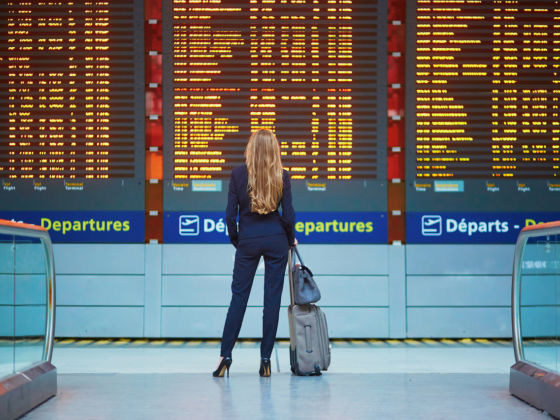Travel disasters aren’t exclusive to the months of November and December. But, during the holidays, huge crowds and bad weather can combine to create an unusually high frequency of major inconveniences. Most of the time, there’s nothing we can do to prevent the disasters, but how we handle them can make the difference between a mild disturbance and the airlines ruining Christmas.
The first and most important rule in handling any holiday travel blip is to be overly nice and polite to the beleaguered customer service representatives and ticketing agents. They have the power to make your trip go smoothly, and having an attitude with them does nothing to make that possible. Beyond being nice, you should know certain rights, regulations, and industry practices so you get what you deserve when things go wrong. From cancelled flights to vanishing hotel reservations, here’s how to handle all kinds of travel disasters that can befall you during the holidays.
